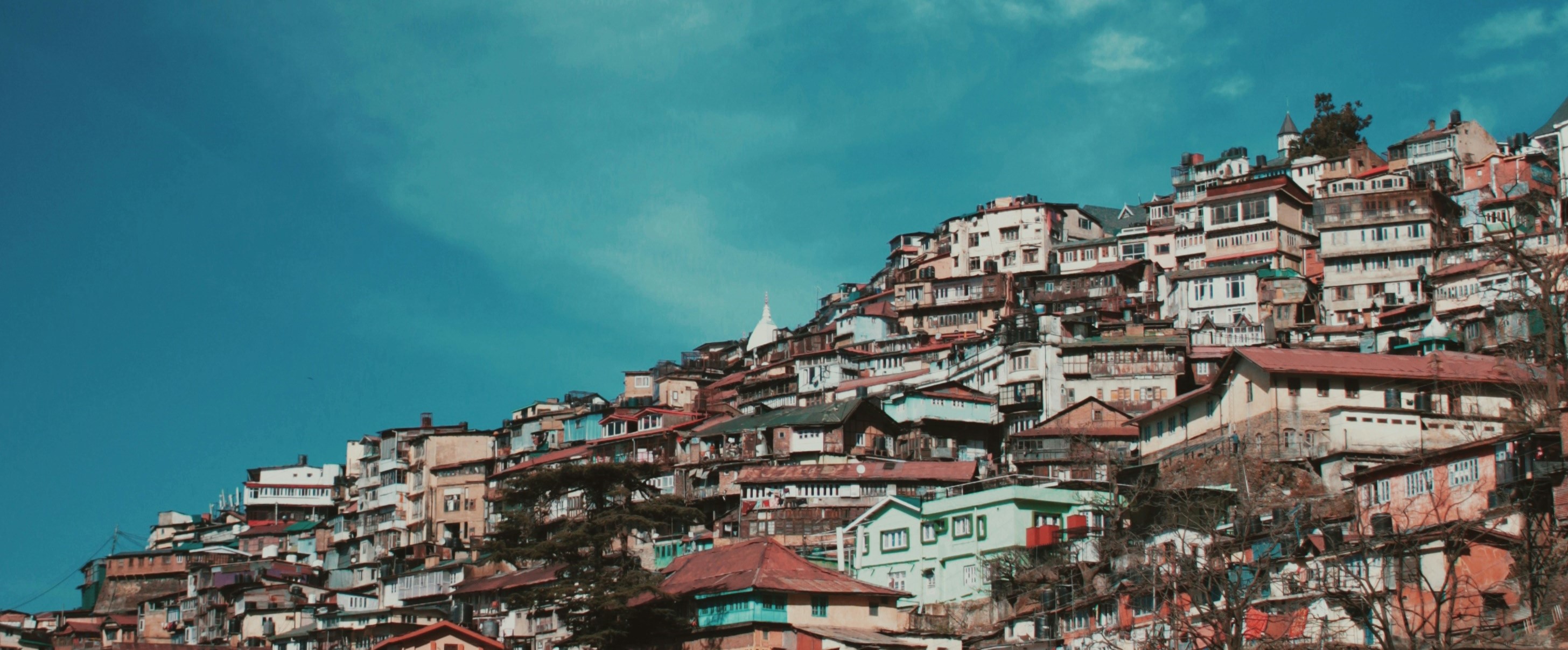Auðlindatorgið – Resource square, a web-based marketplace for biodegradable resources
The Resource Square is a web-based market place for Icelandic industries, companies and individuals. It was set up by the Environmental Agency of Iceland to address the missing connection between parties generating certain biodegradable waste and by-products and those who can use it. On the marketplace by-products can be advertised and innovators can ask for specific materials they need. The marketplace promotes more sustainable use of natural resources, thereby reducing waste and CO2 emissions.
The objective of the Resource Square (in Icelandic it is called Auðlindatorgið) is to promote sustainable use of resources by keeping the resources in use for longer in the circular economy. This is done by connecting buyers and sellers of biodegradable resources, and by doing so, reducing the amount of biodegradable resources and side-streams being wasted and going to landfills. Biodegradable resources that today end up in a landfill can become higher value products, when appropriated by someone that uses the material as raw material for their products, thus creating value, reducing costs for landfills and also reducing CO2 emissions. When the sources and uses of wasted by-products in Iceland were researched, the results showed that about a third of the biodegradable waste was still being sent to landfill. Thus the web-based marketplace for biodegradable waste and by-products was developed by the Environment Agency of Iceland in 2016 in order to create a connection between the industries and actors generating biodegradable waste and those who can utilise it.
In the web-based marketplace anyone, both industries and private citizens, can advertise their by-products and innovators can ask for specific materials they need. Each advertisement must provide contact details, so that the person interested can get in contact with the buyer or seller. This means that no communication is actually happening on the site, only the contact details are provided. This way the marketplace creates the missing link between industries and potential users, while also promoting increased utilisation of natural resources and reducing waste going to a landfill.
The site is divided into five categories, which are: manure and sludge, fisheries, slaughterhouses, agriculture and forestry, and kitchens and cafeterias. There is also a possibility to search for by-products in specific geographic areas, in case transports and logistics costs are a restriction.
The transaction between the seller and buyer is bilateral and the Resource Square is not involved in the transaction other than being the matchmaker that connects the buyer and seller. The legal agreements and payments take place between the buyer and seller.
Although the website is fully functional at this stage, the marketing of the marketplace has not yet started other than at conferences and by informing key stakeholders such as slaughterhouses or relevant industries and organisations by direct contact. An active marketing campaign is planned to start at the end of 2017 or beginning of 2018. Success Factors
Studies indicate that biodegradable waste in Iceland is an under-utilized resource and approximately a third of all biodegradable waste generated annually is either landfilled or incinerated. Currently, more than half of all landfilled waste is of a biodegradable nature. Studies show that 8% of carbon emissions in Iceland come from waste treatment, which mainly consists of landfill waste.
There are many opportunities to increase the utilisation of this resource, and thereby reduce waste generation and promote a more sustainable economy.
Novelty
A main challenge associated with increasing the re-use of biodegradable resources is the difficulty in obtaining the resource. To connect providers and potential users it is vital to provide information on where, when, and by whom the biodegradable waste is disposed of or made available. The Resource Square creates this vital connection. Industries can advertise their by-products and innovators can call for specific material on the marketplace. This type of service has previously not existed in Iceland.
Sustainability impacts
Increased utilisation of resources has both economic and environmental benefits as it reduces the generation of waste, creates value, and promotes a more sustainable and circular economy. A side product in one sector can be the main ingredient in another. In a world with limited resources it is important to maximise the utilisation, which also at the same time reduces greenhouse gas emissions. The Resource Square plays a part in this.
Iceland has a lot of innovation going on in the business sector. Therefore, there is a large potential to use the current bio-waste more efficiently and to produce higher value products. Some examples of how this is already done in Iceland:
• Donating or distributing food leftovers from restaurants, food stores and big kitchens at a reduced price
• Producing health supplements from shrimp or other crustacean shells
• Producing health supplements from sheep hearts and liver
• Producing food supplement from fish protein, for healthy joints, as well as increased endurance and energy
• Using intact fish skin for human tissue transplants
• Using coffee grounds to produce cosmetics
• Using sludge for soil improvement in heavily eroded areas in Iceland
Cost-effectiveness
Resource efficiency leads to savings in the form of less waste and as a result lower waste handling costs, as well as additional revenue for by-products that would otherwise have to be disposed of.
External source(s)
Image

Environmental Agency of Iceland


